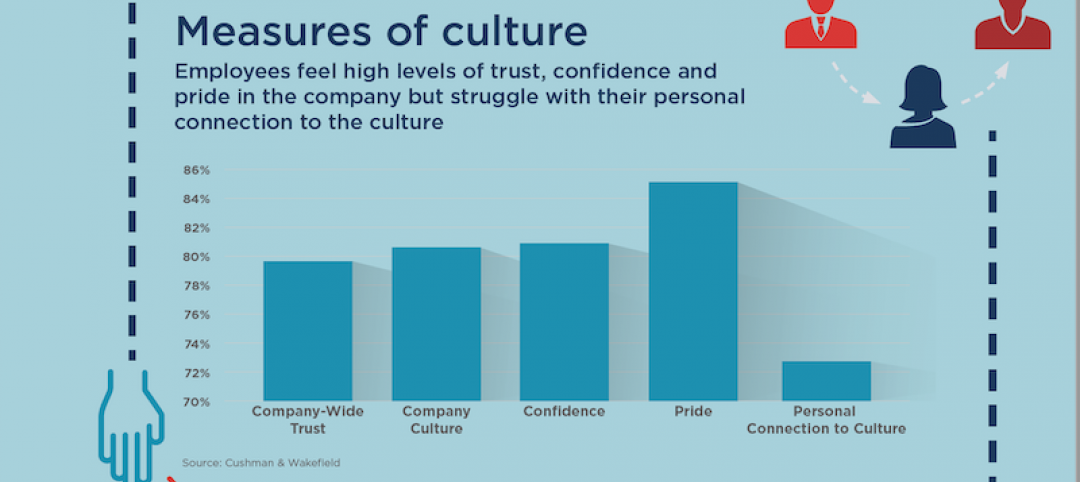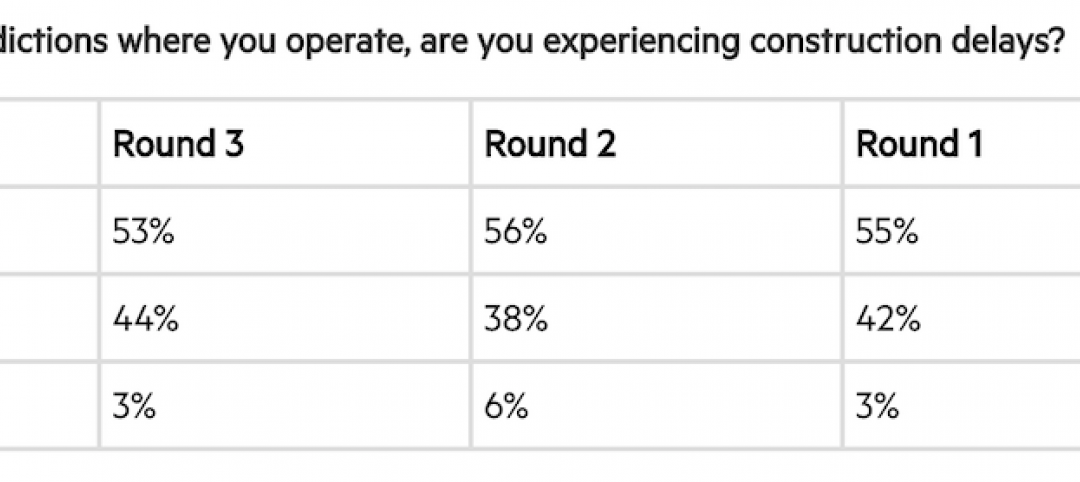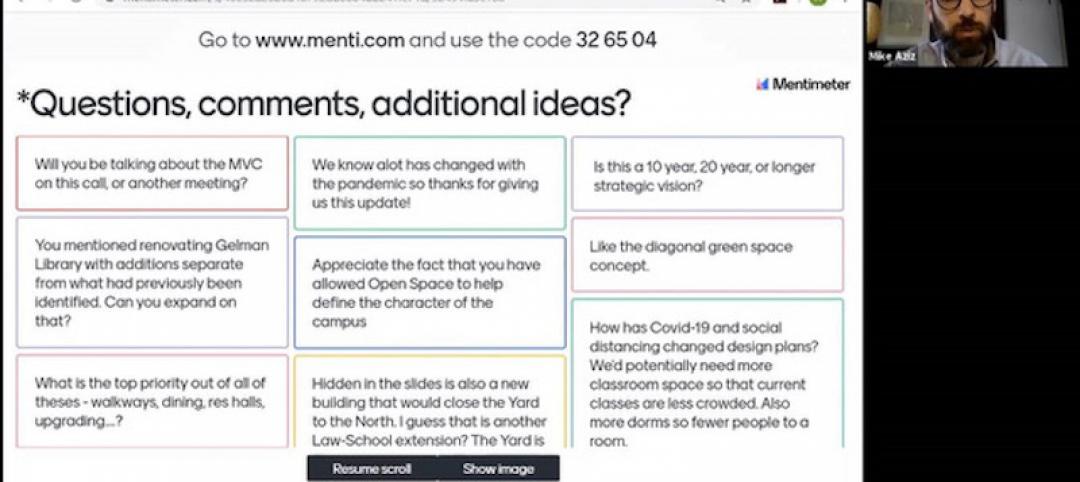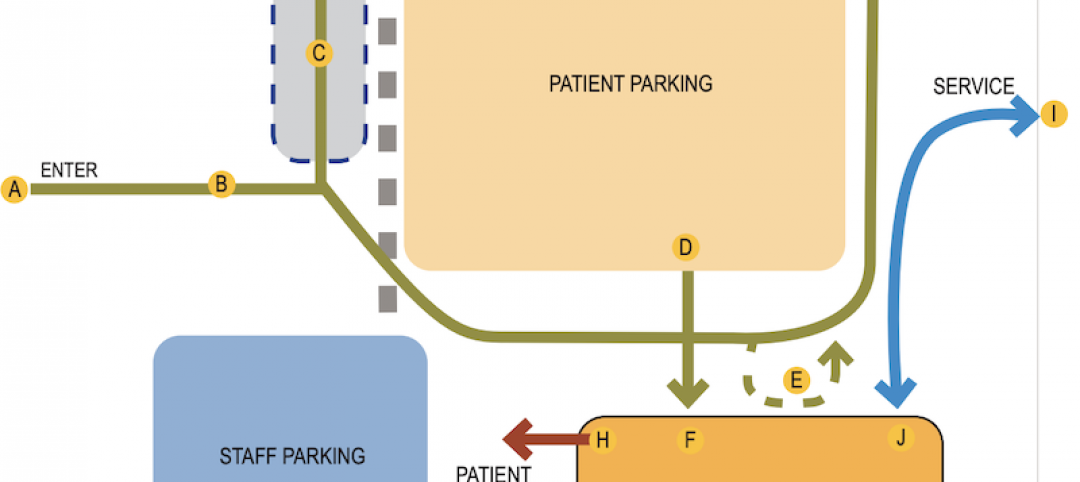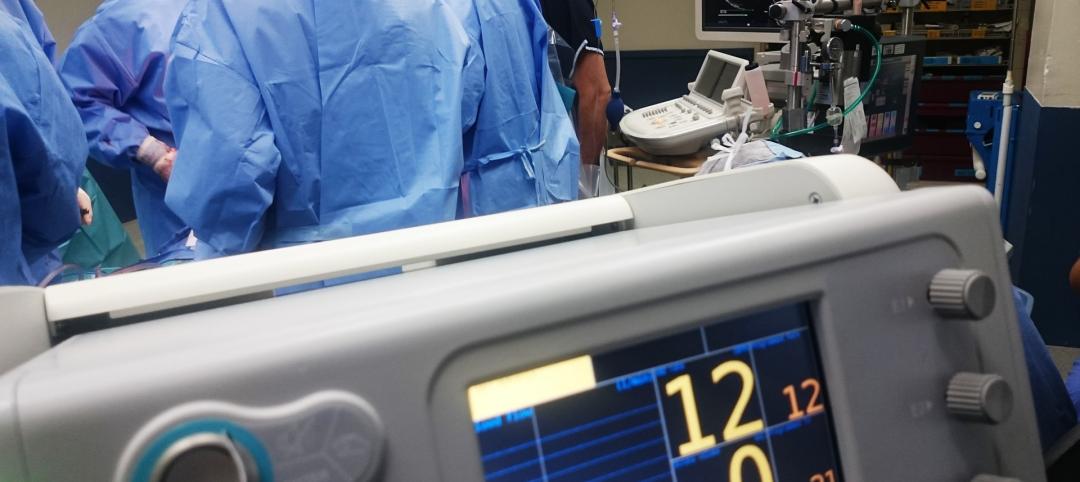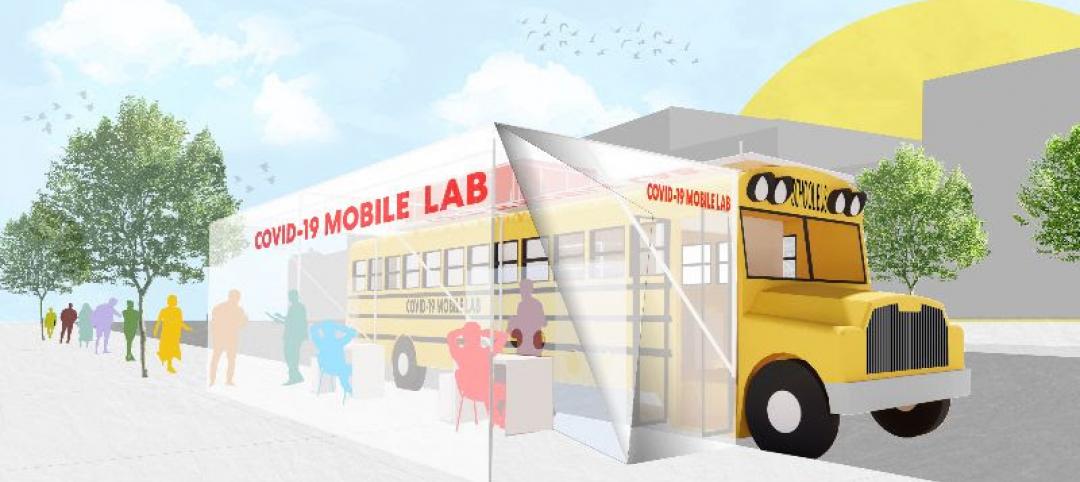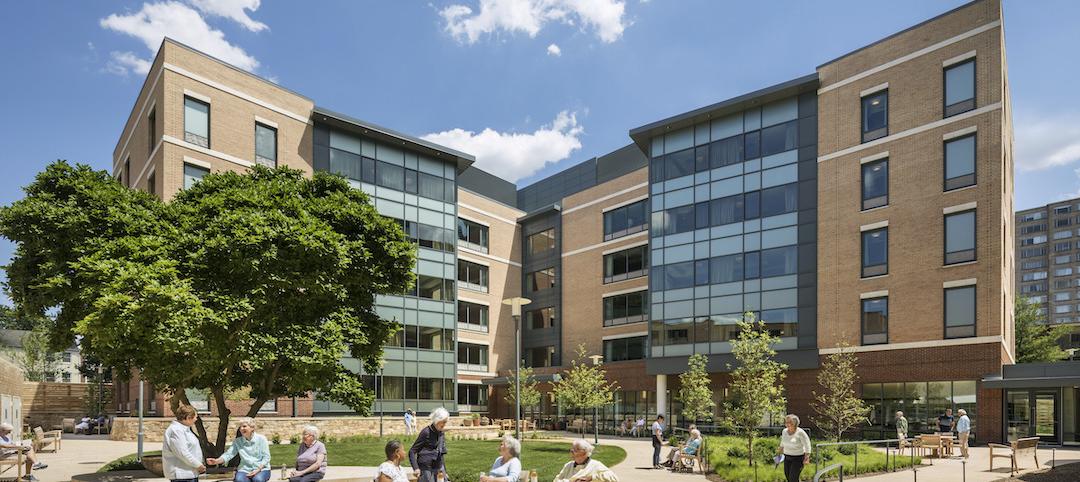“Never let a good crisis go to waste” – Rahm Emanuel
It’s hard to imagine anyone who hasn’t had some significant loss during the current crisis. Perhaps you’ve had the virus; worse still, it might have killed someone among your family or friends. Almost all of us have lost, for some period yet unknown, significant parts of our life savings, and some have lost businesses they may have just started or have invested considerable resources in establishing.
What have we learned so far from the coronavirus pandemic? It will soon end, soon be in the rear-view mirror, but we can still take lessons learned as directions for going forward. Even in the most fire-ravaged forest, new seeds begin sprouting almost immediately after the first rain.
First, as individuals, we’ve already learned that can get by with much less than we are used to. Maybe this crisis might be a wake-up call to simplify our lives, to focus on what really matters, which will strengthen our ability to respond in the future.
Second, few of us are really prepared for the intellectual, emotional and spiritual challenges of dealing with ramifications of the Covid-19 virus and its impact on our lives. The social and economic crisis we are living through may lead us to think more deeply about how well we are living our values and how we might explore more inner-directed practices such as meditation and mindfulness for a more satisfying life.
Third, despite shortages of essential items and long lines at stores, we are far more resilient as a society than we might have expected. Resiliency is a primary response that we will need for dealing with accelerating climate change in the decade ahead, so we can take some comfort from how we all have responded.
That’s the good news for us as a society, but what lessons can we, as design, construction and operations professionals, take into our work?
By 2030, experts are almost certain that climate change’s effects will begin to resemble a continuous pandemic, threatening daily life in our cities and suburbs and on our farms – droughts, floods, fires, heat waves, tropical diseases spreading north, etc.
To avoid the worst effect of climate change, UN experts have sketched out a “carbon emissions budget” that we shouldn’t exceed over the next decade to have a chance to keep global warming below 1.5C and 2.0C.
Based on current trajectories, including a massive expansion of coal power in China and most of Asia, it’s difficult to see how we can avoid using up the world’s entire “carbon emissions budget” long before the end of the decade. Just as “what happens in Vegas stays in Vegas,” what we put into the atmosphere stays there for a LONG time, hundreds of years into the future.
But experts such as architect Edward Mazria have shown us how to change this trajectory, with building design and construction playing a key role.
Three things we can learn from the Coronavirus pandemic that we must put into practice immediately:
1. No more excuses! Time is short; we're beginning to learn that we may have radically underestimated the speed of climate change. Designing and renovating buildings for zero net energy use needs to be "Job 1" for all projects. We should get not award "green" seals of quality and “attaboy” awards for any project that doesn't at least do this much.
2. More importantly, materials choices matter even more than the energy-use profile, especially in the next decade; zero embodied carbon will be the next design standard. The good news: we have the information systems in place to make this goal attainable in practice.
3. Fully healthy commercial and public buildings, schools and colleges, retail, and hospitals will emerge as the new owner's requirement. Zero net energy is easy; zero net carbon is harder, but we can do it; healthy buildings have yet to be built (and operated) on a mass scale.
The task of renovating buildings to be simultaneously zero net carbon AND healthy will challenge the design and construction industry as never before.
The good news is that all the effort we've expended over the past twenty years, learning how to do (1) - (3), is now available for immediate implementation. Isn't it time for architects and engineers, builders and owners to abandon a strictly economics-based, "values neutral" professionalism and embrace the task that we really need to do (and for the most part, want to do): play our part in making sustainability in practice into our daily work?
If there's anything we as building industry professionals can learn from this close brush with our own mortality and with the country's economic death (and of course it's not over yet), it's that "tomorrow we'll get it right" has to be replaced with "today we did it right."
Jerry Yudelson is a LEED Fellow (Emeritus) and the author of 14 green building books. His next book, The Godfather of Green: An Eco-Spiritual Memoir, will be published on Earth Day 2020.
Related Stories
Coronavirus | May 28, 2020
Cushman & Wakefield report examines work-at-home pros and cons
The office, now part of a larger workplace ecosystem, still reinforces employees’ connections with their companies.
Coronavirus | May 27, 2020
Clean is the new Green as U.S. hospitality sector inches closer to reopening
Three design firms share their takes on what will make customers more comfortable about returning.
Coronavirus | May 26, 2020
Multifamily developers report mounting delays in permitting and starts due to coronavirus pandemic
More than half (53%) of multifamily developer respondents reported construction delays in the jurisdictions where they operate, according to the third edition of the National Multifamily Housing Council (NMHC) COVID-19 Construction Survey.
Coronavirus | May 26, 2020
9 tips for mastering virtual public meetings during the COVID-19 pandemic
Mike Aziz, AIA, presents 9 tips for mastering virtual public meetings during the COVID-19 pandemic.
Coronavirus | May 22, 2020
Designing a health facility for the next pandemic
Planning with intent is the key to readiness, states Eppstein Uhen Architects, the guide’s author.
Coronavirus | May 22, 2020
COVID-19: Healthcare designers look to the future of medical facilities in light of coronavirus pandemic
The American College of Healthcare Architects (ACHA) has released the key findings of a survey of its members revealing their insights on the future of healthcare architecture and the role of design in the context of the COVID-19 healthcare crisis.
Coronavirus | May 18, 2020
Will empty hotels provide an answer for affordable housing shortage?
A Los Angeles-based startup sees the Midwest as most fertile for adaptive reuse.
Coronavirus | May 18, 2020
Infection control in office buildings: Preparing for re-occupancy amid the coronavirus
Making workplaces safer will require behavioral resolve nudged by design.
Coronavirus | May 18, 2020
Global design firms collaborate on new COVID-19 mobile testing lab to bring testing to vulnerable communities worldwide
Perkins and Will, Schmidt Hammer Lassen Architects, and Arup Group develop scalable solutions for increased testing capacity within high-density and under-served neighborhoods.
Coronavirus | May 11, 2020
Experts offer a 13-point plan to reduce coronavirus deaths in nursing homes
Two nationally recognized experts in the design of senior living facilities offer a 13-point plan to protect our frailest citizens.



